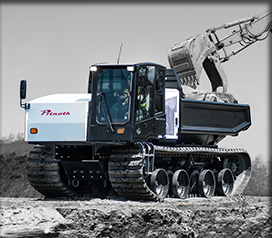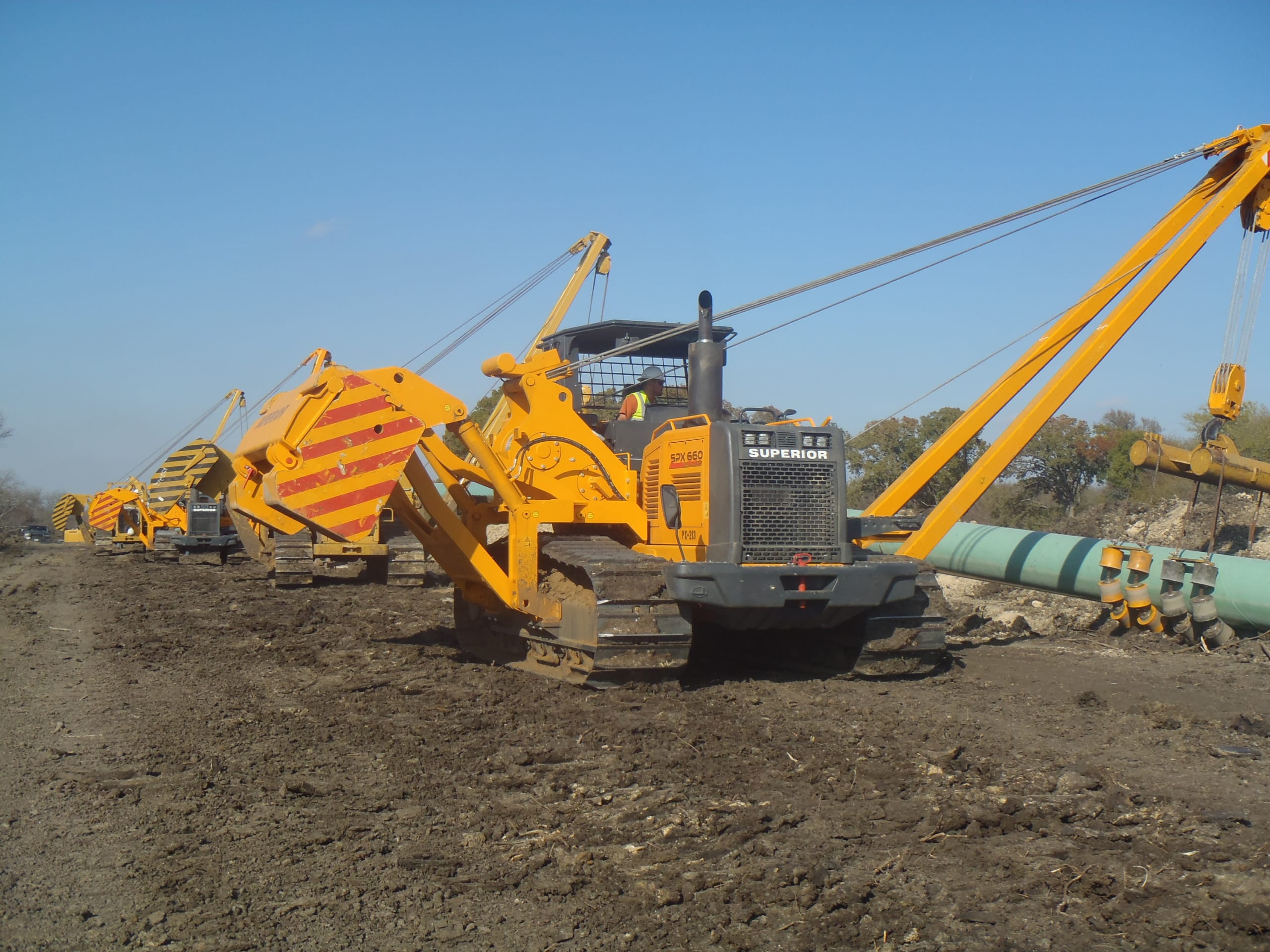Superior Oilfield Rentals oilfield: latest updates shaping drilling work
A Comprehensive Overview to the Different Kinds of Oil Field Equipment and Pipeline Equipment Available
The oil and gas sector depends heavily on customized devices for reliable extraction and transportation. Various kinds of equipment, from drilling rigs to tank, play crucial duties in this intricate process. Each tool offers distinctive functions that add to overall operational success. Understanding these parts is necessary for any individual associated with the field. As the industry develops, so as well do the modern technologies that sustain it. What developments are on the horizon?

Drilling Rigs: The Backbone of Oil Exploration
Drilling rigs act as the essential equipment in the domain name of oil exploration, making it possible for business to access hydrocarbon books hidden deep underneath the Earth's surface area. These rigs can be found in different kinds, including land rigs, offshore rigs, and mobile systems, each created to run in particular settings. Furnished with sophisticated technology, drilling rigs can pass through geological developments with accuracy, making sure reliable resource removal. The architectural honesty and functional capabilities of these rigs are crucial, as they must stand up to severe problems and substantial pressures. The option of a drilling rig affects the total task price and timeline, making it an essential factor to consider for oil firms seeking to maximize their exploration efforts and make best use of performance in their operations.
Pumps: Crucial for Liquid Activity
In the oil removal procedure, the function of pumps is considerable, assisting in the movement of fluids throughout different stages of manufacturing. Pumps are important for moving petroleum, water, and various other liquids from underground reservoirs to the surface and then with pipes to refineries. They can be found in different kinds, including centrifugal, favorable displacement, and submersible pumps, each serving specific functions based upon the liquid qualities and operational demands. Centrifugal pumps are frequently made use of for their performance in high-flow applications, while positive variation pumps succeed in taking care of thick fluids. The choice of pump effects overall efficiency, functional security, and upkeep prices. Proper option and maintenance of pumps are important for enhancing production and reducing downtime in oil area procedures.
Valves: Managing Circulation and Pressure

Valves play an essential function in taking care of the flow and stress of liquids within oil areas and pipes. Numerous kinds of shutoffs serve distinct applications, each developed to fulfill particular features essential for effective operation - Superior rentals squeeze tools. Understanding the attributes and uses of these valves is important for maximizing system performance and safety
Kinds of Valves
Necessary parts in oil field operations, shutoffs play an essential function in managing the flow and pressure of liquids within pipelines and tools. Numerous kinds of valves are made use of to fulfill the varied demands of oil and gas production. Typical kinds include gate valves, which give a straight-line circulation and minimal pressure decrease; world valves, known for their strangling capabilities; and sphere shutoffs, acknowledged for their fast on/off control. Additionally, check valves prevent backflow, while butterfly shutoffs supply a lightweight option for controling flow. Each shutoff type is made with particular products and configurations to stand up to the harsh conditions typically found in oil fields, ensuring integrity and efficiency in procedures. Understanding these kinds is critical for efficient system management.
Valve Applications and Features
While numerous sorts of valves serve distinctive functions, their primary applications revolve around regulating circulation and stress within oil and gas systems. Valves such as entrance, globe, and sphere valves regulate fluid movement, making certain peak performance and safety. Gate shutoffs are commonly used for on/off control, providing marginal flow resistance. World shutoffs, on the other hand, deal exact circulation law, making them ideal for strangling applications. Sphere valves are preferred for their quick procedure and tight sealing capabilities. On top of that, stress relief valves are vital for stopping system overpressure, safeguarding tools stability. Generally, the ideal selection and application of shutoffs improve operational efficiency, ensuring the trustworthy transport of oil and gas through pipes and handling facilities.
Compressors: Enhancing Gas Transportation
Compressors play an important duty in the effective transportation of gas, guaranteeing that it moves smoothly via pipes over fars away. These devices enhance the stress of gas, allowing it to overcome friction and altitude adjustments within the pipeline system. In addition, compressors facilitate the balancing of supply and demand, accommodating variations in usage and production rates. Various sorts of compressors are utilized in the industry, including centrifugal, reciprocating, and rotary screw compressors, each offering unique advantages based upon the functional needs. Normal upkeep of these compressors is necessary to optimize effectiveness and minimize downtime, ultimately adding to a dependable gas transportation network. Their vital function highlights the significance of compressors in the total oil and gas framework.
Storage Tanks: Safe and Efficient Fluid Management
Effective transport of gas depends on different supporting systems, one of which is the correct monitoring of storage containers. These tanks play an essential role in safely containing liquids, guaranteeing that operational efficiency is kept while minimizing ecological risks. Created from resilient products, they are made to withstand high pressures and corrosive elements. Correctly sized and purposefully situated, tank facilitate the smooth circulation you can look here of all-natural gas and various other liquids, protecting against bottlenecks in supply chains. Routine upkeep and surveillance are vital to detect leaks or structural problems, promoting security and compliance with governing requirements. Ultimately, the effective administration of storage space tanks is critical for the total honesty and dependability of the oil and gas market's liquid handling systems.
Pipeline Equipments: Infrastructure for Transportation
Pipeline systems work as the foundation of the oil and gas sector, helping with the effective transportation of hydrocarbons over huge ranges. These systems contain numerous elements, consisting of pipelines, valves, pumps, and compressors, all carefully developed to assure seamless flow. The materials utilized in pipeline building, commonly steel or high-density polyethylene, are picked for resilience and resistance to corrosion. Pipeline networks can extend throughout land and water, connecting manufacturing websites to refineries and distribution. In addition, advanced innovation enables real-time monitoring of circulation rates and stress levels, enhancing functional efficiency. The calculated positioning of these pipelines lessens ecological effect while making the most of source accessibility, thereby playing a necessary duty in meeting energy demands worldwide.
Safety And Security Equipment: Guaranteeing Worker and Environmental Management
The operation of pipeline systems, while essential for power transport, also provides considerable security challenges for workers and cast iron plumbing replacement the setting. Security equipment plays a substantial duty in minimizing these risks. Individual safety equipment (PPE) such as helmets, handwear covers, and non-slip shoes safeguards workers from physical threats. Furthermore, gas discovery systems keep track of for leakages, ensuring that hazardous substances do not present a threat to personnel or the surrounding ecological community. Emergency situation shutdown systems are crucial for rapidly stopping procedures during a dilemma, avoiding possible disasters. Spill containment materials, including absorbents and obstacles, are essential for decreasing environmental impact. On the whole, buying all-encompassing security tools is important for keeping functional integrity and securing both employees and the environment in the oil and gas field.

Often Asked Questions
How Do I Pick the Right Oil Field Equipment for My Task?
Selecting the best oil area tools entails examining task requirements, budget constraints, and operational demands. Consider aspects such as equipment integrity, compatibility with existing systems, shower pipe leaking and the vendor's reputation to ensure peak performance and security.
What Are the Maintenance Needs for Oil Field Equipment?
Maintenance needs for oil field tools include regular inspections, lubrication, and prompt repairs. Operators should also stick to supplier standards, monitor efficiency metrics, and guarantee compliance with security guidelines to improve durability and performance.

How Can I Make Certain Compliance With Environmental Laws?
To ensure compliance with environmental laws, firms should carry out normal audits, apply best techniques, invest in training, keep appropriate paperwork, and remain upgraded on regulations (Superior Rentals reviews). Collaboration with environmental agencies can also improve adherence to laws
What Is the Average Life Expectancy of Pipeline Equipment?
The average life expectancy of pipeline devices normally varies from 20 to half a century, depending on elements such as material high quality, environmental problems, and upkeep methods. Regular assessments can greatly influence longevity and operational effectiveness.
How Do I Securely Transport Oil Field Equipment to Remote Locations?
Delivering oil area equipment to remote places needs cautious planning, consisting of course evaluation, safeguarding permits, making use of ideal lorries, and making certain safety procedures are complied with. Appropriate training and communication amongst crews are essential for successful transportation.